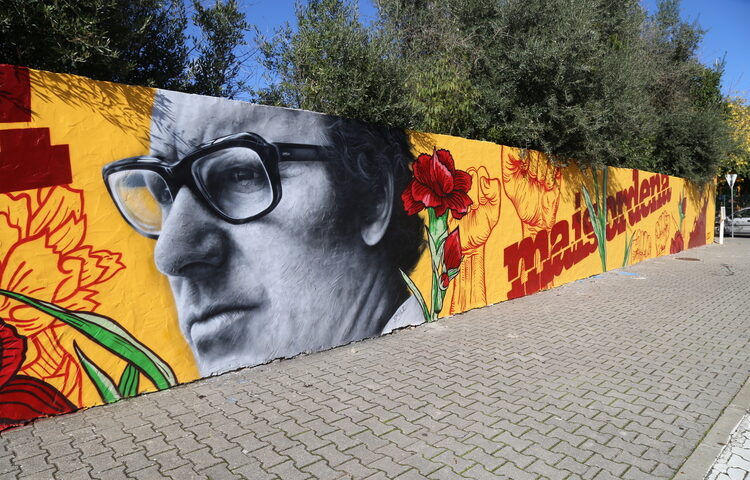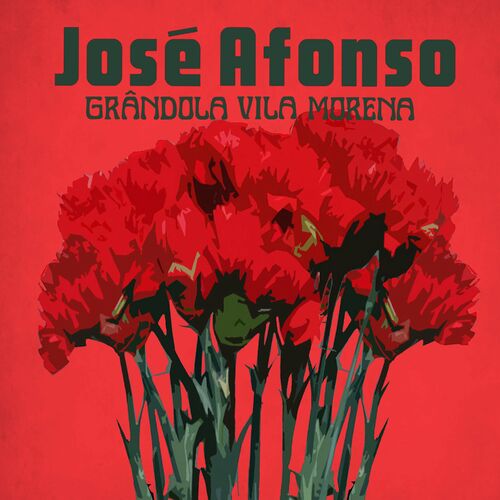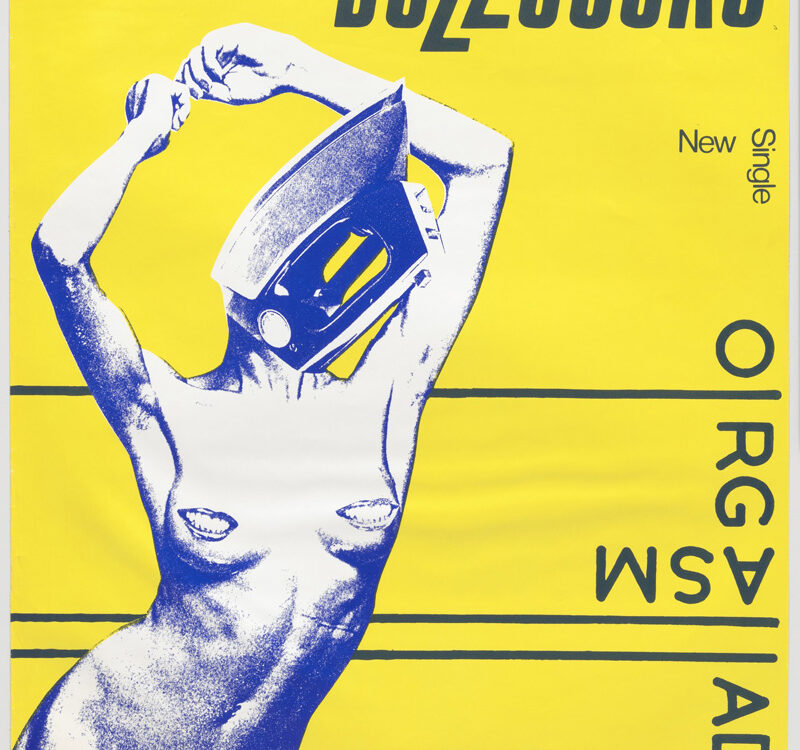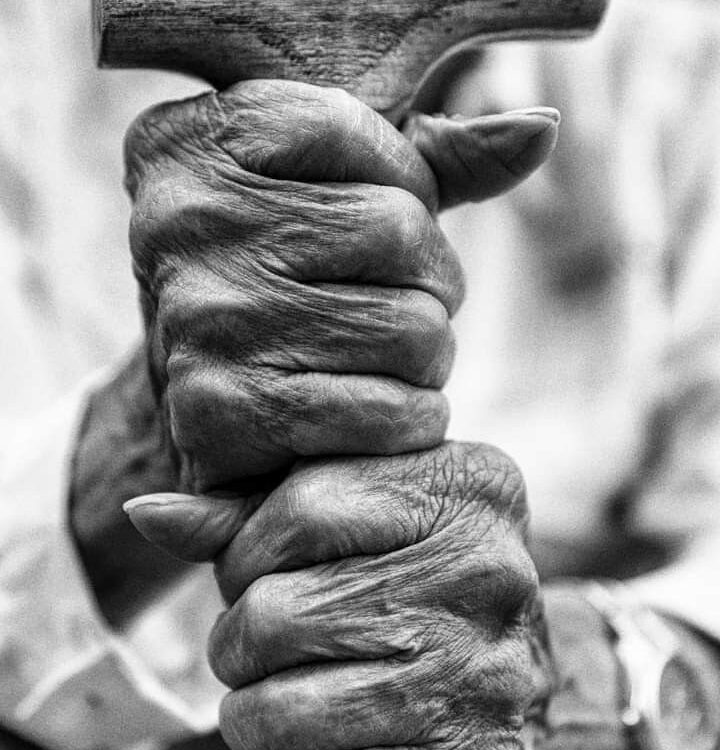Olááá a todos!
Espero tudo bem contigo!
Eu vou escrever sobre uma música Portuguesa das minhas favoritas.
É Grândola Vila Morena por José Afonso, ou Zeca Afonso. Está música é uma das primeiras que eu ouvi e aprendi. Quando ouvi primeira vez está arte, eu tive muitos muitos grandes sentimentos mesmo que não percebi nada naquela época. Vou dizer-lhe porquê mas primeiro, vocês precisam saber a sua importância. Vou escrever em inglês agora =)
So, after this moment, I have to write in English to convey my feelings and thoughts correctly. I wish I could write more in Portuguese good enough to express myself. Anyway, let’s learn a bit of culture of Portugal.
First of all, since I am a member of people that have been struggling a lot by the states and governments, I and other people from my ethnicity know many political histories of other countries, of course Portugal is included. For example, I knew about Salazar Regime long ago before I came to Portugal. I will talk about the 25th Abril 1974 later on its own article.
Now, I am going to write a bit the song. The song is released in 1971 by singer and song writer José Afonso. Significance of Grândola Vila Morena is being the starter of the revolution. I mean, early hours of the day 25th April 1974, Portuguese Armed Forces Movement (MFA) used this song as a signal on a radio broadcast. Another song, called E depois do Adeus by Paulo de Carvalho, played late night on 24th and afterwards Grândola Vila Morena used as the signal for starting the operation (!).
They were planning to play another song of José Afonso but since some of the Afonso’s songs were banned by the Estada Novo, the Salazar’s Regime, the radio host thought that it could be suspicious, so that its better not to and decided to play the song by Paulo de Carvalho as a sign that the MFA operation would happen.
Anyway, this is the short story behind this beautiful song. But I wanted to write you what it means for me. Fdx, it’s already long enough, as usual =)
So, when I heard this song for the first time, I felt real sensation. I did not know the story behind but I could feel the striving, the hassle.. After I learnt the story, I thought that even if you do not know the language, the meaning of the lyrics and the history, you can feel the same emotions with the ones who struggled in the past.
The lyrics of the songs are the compliments on the resilience and the beauty of the Grândola, a town in the Alentejo region, and its people. ‘Vila Morena’ is rightly and metaphorically interpreted by some as a representation of the rural and working-class communities Portugal.
To memorize and learn the lyrics, I realized an order between the lines of the lyrics and learnt that way. You can see the lyrics, the translation (I changed a bit), and the order as well.
|
Grândola, Vila Morena Grândola, vila morena (1) Terra da fraternidade (2) O povo é quem mais ordena (3) Dentro de ti, ó cidade! (4)
Dentro de ti, ó cidade (4) O povo é quem mais ordena (3) Terra da fraternidade (2) Grândola, vila morena! (1)
Em cada esquina um amigo (A) Em cada rosto igualdade (B) Grândola, vila morena (C) Terra da fraternidade! (D)
Terra da fraternidade (D) Grândola, vila morena (C) Em cada rosto igualdade (B) O povo é quem mais ordena! (A)
À sombra duma azinheira (1) Que já não sabia a idade (2) Jurei ter por companheira (3) Grândola a tua vontade! (4)
Grândola a tua vontade (4) Jurei ter por companheira (3) À sombra duma azinheira (1) Que já não sabia a idade!(2) |
Translation Grândola, the swarthy town The land of fraternity The people are in charge Inside you, O city!
Inside you, O city The people are in charge The land of fraternity Grândola, the swarthy town!
On every corner is a friend In every face is equality Grândola, the swarthy town The land of fraternity!
Land of fraternity Grândola, the swarthy town In every face is equality The people are in charge!
In the shade of a holm oak That no longer knew its age I swore to be your companion Grândola, at your very own will!
Grândola, at your very own will I swore to have you as my companion In the shade of a holm oak Who had even forgotten its age! |
Fica Bem!
Até a Próxima!
P.S.: The featured imafe is a graffiti on a wall in Alentejo. It is 32 meters long and 2 meters high.
Published on 02.05.2024






